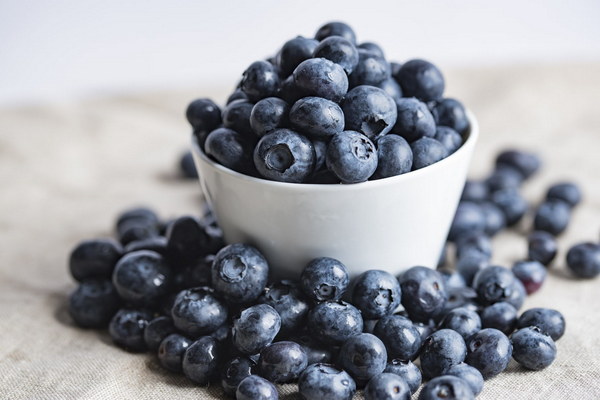Nourishing and Rejuvenating Embrace a Leaner Diet for Optimal Well-being
In today's fast-paced world, the allure of convenience often leads us to rely heavily on processed foods and meats, which can take a toll on our health and well-being. However, there's a growing trend towards a more balanced and rejuvenating diet that focuses on nourishment without overindulgence. This article delves into the benefits of a leaner diet, emphasizing the importance of reducing meat consumption for overall health and vitality.
The Case for Leaner Diets
1. Heart Health: Excessive meat consumption has been linked to an increased risk of heart disease. Leaner diets, rich in fruits, vegetables, whole grains, and legumes, can help lower cholesterol levels and reduce the risk of heart attacks and strokes.
2. Weight Management: Reducing meat consumption is often a key component of weight management. Leaner proteins such as fish, eggs, and plant-based alternatives are not only lower in calories but also help you feel fuller for longer.

3. Digestive Health: A diet high in processed meats can lead to digestive issues such as constipation and bloating. Incorporating more plant-based foods can improve gut health by promoting a diverse microbiome.
4. Longevity: Studies have shown that those who consume less meat have a lower risk of developing chronic diseases like diabetes, cancer, and Alzheimer's. A leaner diet rich in plant-based foods may contribute to a longer, healthier life.
How to Embrace a Leaner Diet
1. Diversify Protein Sources: Instead of relying solely on red meat, incorporate a variety of protein sources into your diet. This can include lean poultry, fish, eggs, dairy products, legumes, nuts, and seeds.
2. Reduce Processed Meat: Minimize the consumption of processed meats like sausages, hot dogs, and bacon. These foods are often high in sodium, saturated fats, and preservatives, which can be harmful to your health.
3. Focus on Whole Foods: Aim for whole, unprocessed foods as much as possible. This includes fresh fruits and vegetables, whole grains, and legumes. These foods are not only nutrient-dense but also help you maintain a healthy weight.
4. Cook at Home: Cooking at home allows you to control the ingredients and cooking methods, reducing the likelihood of consuming excess fat and sodium found in restaurant meals.
5. Experiment with Plant-Based Recipes: Get creative with plant-based recipes that mimic the flavors and textures of traditional meat dishes. This not only helps you reduce meat consumption but also introduces you to a variety of new ingredients and cooking techniques.
Conclusion
Embracing a leaner diet doesn't mean sacrificing taste or nutrition. On the contrary, it's a step towards a more balanced, healthier lifestyle. By reducing meat consumption and focusing on whole, nutrient-rich foods, you can enjoy the benefits of improved heart health, weight management, and overall well-being. Remember, the journey to a healthier diet is a gradual one, and every small change you make is a step in the right direction.









